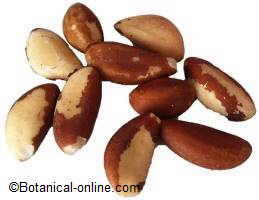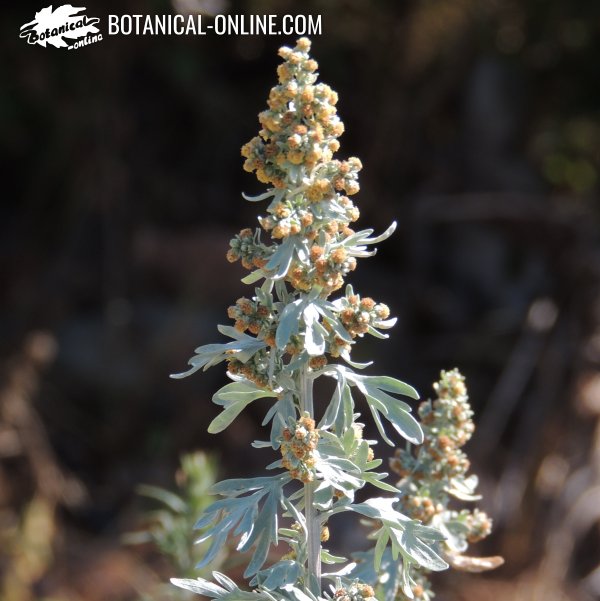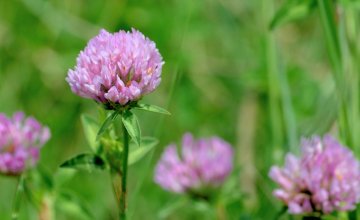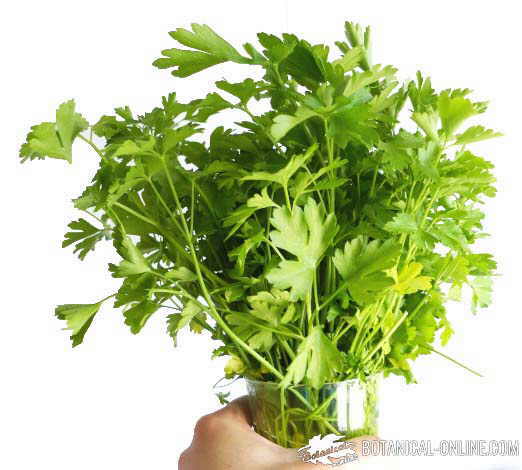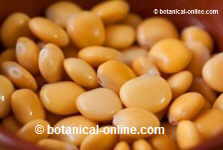Contents
Historical consumption of Arugula
Rocket or arugula is a plant of the mustard family, such as watercress. It grows widely throughout the Mediterranean region. Its origins are austere, since it has generally been used as the vegetable food of the peasants. As time passed, it was moved from the markets of major cities for spinach, chard and other more productive vegetables.
Currently, rocket or arugula has become, paradoxically, an exquisite plant, which never fails in the menus of the most glamorous restaurants.
Parts used in nutrition
- Rocket leaves are a typical ingredient of salads, but they can be cooked like spinach.
- Its flowers can be taken in salads or soups. They are an ingredient of flowers butter and can be used to decorate desserts.
- Rocket seeds are a historical substitute of mustard seeds, and are typically used in salad dressings or potato, for example.
- The pressing of arugula seeds produces an oil known as Taramira oil. This oil is not edible, but it is used for cosmetic and medicinal purposes.
- Arugula sprouts are a condiment for salads.
Nutritional composition of arugula
- Energy: arugula provides very few calories, making it an ideal plant for those who want to lose weight.
- Carbohydrates: Its contribution is very low, less than 4g per 100g rocket leaves. This vegetable can be eaten for people with diabetes, because it does not alter their blood sugar levels. Moreover, some of these polysaccharides are involved in cancer prevention.
- Proteins: protein content is very low. We must consume arugula with milk, eggs, legumes or nuts to increase the quality of proteins.
- Fats: it is an ideal plant for cleansing diets because it has almost no fat.
- Fiber: It contains 1.6 grams of fiber per 100g. In ancient texts it is said that too much rocket can cause flatulence due to its high fiber content (Dr. Laguna).
- Vitamins: it is an outstanding plant for its healthy supply of vitamin A, folic acid and pantothenic acid. Suitable for people with fatigue, psychophysic weakness and convalescence.
- Minerals: because of its supply of iron, plus vitamin C (which helps absorb the iron), rocket is a perfect remedy for anemia. We should introduce it in our weekly diet, in omelets, pasta dishes and salads. It also stimulates the appetite, an important aspect for tired or anemic people.
In addition, arugula is a plant with diuretic effect due to its high potassium content, suitable to avoid liquid retention.
It contains calcium and trace elements like copper, zinc and manganese.
- Essential oil: Essentially sulfur (glucosinolate) is responsible for the pungency of the plant. There are other many substances in this oil with high antioxidant and anticarcinogenic properties.
- Carotenoids: It contains two carotenoids, β-cryptoxanthin and zeaxanthin, natural antioxidants.
- Flavonoids: this plant contains some flavonoids, such as kaempferol, and quercetin isohamnerin, that are considered natural antioxidants for cells.
Nutrients in arugula per 100g | |
| Nutrient | Amount |
| Water (g) | 91,71 |
| Calories (Kcal) | 25 |
| Carbohydrates (g) | 3,65 |
| Proteins (g) | 2,58 |
| Fat (g) | 0,66 |
| Fiber (g) | 1,6 |
| Vitamins: | |
| Vitamin A (UI) | 2373 |
| Vitamin E (mg.) | 0,43 |
| Vitamin C (mg.) | 15 |
| Vitamin B1 o thiamin (mg.) | 0,04 |
| Vitamin B2 o riboflavin (mg.) | 0,09 |
| Vitamin B3 o niacin (mg.) | 0,31 |
| Vitamin B5 o pantothenic acid(mg.) | 0,44 |
| Vitamin B6 o pyridoxin (mg.) | 0,07 |
| Folate (mcg.) | 70 |
| Minerals: | |
| Calcium (mg.) | 160 |
| Magnesium (mg.) | 47 |
| Phosphorus (mg.) | 52 |
| Sodium (mg.) | 27 |
| Potassium (mg.) | 369 |
| Iron (mg.) | 1,46 |
| Zinc (mg.) | 0,47 |
| Copper (mg.) | 0,08 |
| Selenium (mcg.) | 0,30 |
| Manganese (mg.) | 0,32 |
Who should eat arugula?
- In any balanced diet. Rocket provides the vitamins and minerals your body needs daily, and it is an excellent vegetable to introduce in salads or cooking instead of spinach. We will benefit from its trace elements, vitamin A (important for the eyes and skin); it facilitates our digestion and it is an aphrodisiac food.
- Rocket to lose weight. It is a vegetable with no calories. Very nutritious for its vitamin and mineral content. For its fiber content, it provides us with fullness, which can be very helpful to lose weight. As well as other spring vegetables, like dandelion, is very cleansing and diuretic. Interesting to introduce into the so often-monotonous diets. We can place it in omelets, salads, soups and teas.
- People with diabetes. The rocket is a vegetable with very low sugar content, which practically does not alter the levels of blood sugar (It contains > 5% complex carbohydrates). In addition, for his contribution of vitamin A, flavonoids and carotenoids, it is a natural protector against cancer and eye health.
- People tired, anemic and convalescent. The complex between vitamin C, iron, folic acid and B vitamins that contains the rocket, in addition to its antioxidant properties, makes it a perfect complement to help those who need to boost their flagging diet. Furthermore, because of its aperient properties, it helps people regain their desultory appetite.
- People with cholesterol. Arugula is a natural cleansing plant that helps purify the liver of excess of fat and cholesterol. Consumed regularly, fiber and phytochemicals help reduce cholesterol levels and exert a natural protection of the cardiovascular system. It also possesses anticancer properties.
![]() More information about rocket.
More information about rocket.


